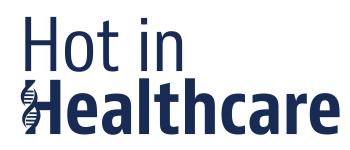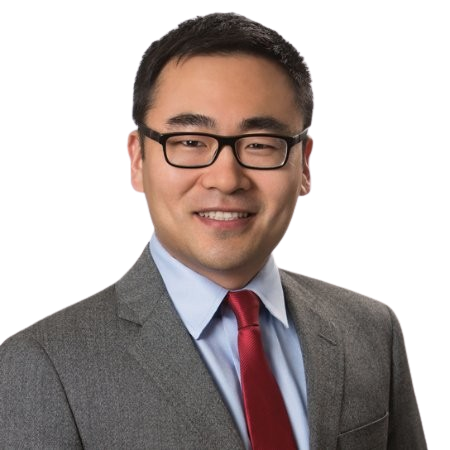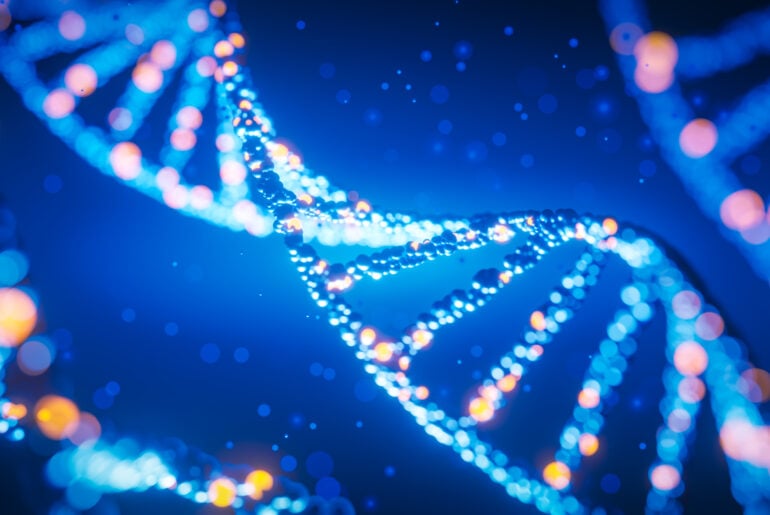
In brief
On September 11, 2025, the U.S. Department of Health and Human Services (“HHS”) Office of Inspector General (“OIG”) released a favorable advisory opinion (“AO 25-10”), addressing a financial arrangement between a healthcare services company (the “Company”) and a non-profit, tax-exempt, charitable foundation (the “Foundation”), pursuant to which the Company helped establish and makes donations to the Foundation and the Foundation provides financial assistance to families of children receiving a particular type of behavioral therapy treatment (the “Arrangement”).[1] OIG concluded that, although the Arrangement would generate prohibited remuneration under the federal Anti-Kickback Statute (the “AKS”), it presented a sufficiently low risk that a favorable advisory opinion was warranted.
In more detail
According to AO 25-10, the Company provides certain “family-powered” therapy services (the “Therapy”) for children with a specific condition. Under the family-powered model, families of children must receive necessary training and commit to 15 or more hours of Therapy per week. The Therapy is provided by healthcare providers (“HCPs”) via telehealth, with the families providing support from home. While the Therapy is covered by insurance, including federal healthcare programs, the cost-sharing amounts (e.g., copayments) can be financially challenging to lower-income families. As a result, the Company helped establish and donated approximately $300,000 to the Foundation. The Foundation awards grants to qualifying families on a monthly basis, ranging from $50 to $1,800 per month, to help alleviate the financial burden associated with the Therapy and the time commitment required from the families. OIG explained that the Arrangement includes two types of remuneration that implicate the AKS: (1) the Company invested resources and staffing in creating the Foundation, as well as ongoing donations; and (2) the Foundation uses the Company’s donations to provide grants to families, which also implicate the civil monetary penalty provisions prohibiting inducements to beneficiaries (“Beneficiary Inducements CMP”). After assessing the following factors, OIG determined that the Arrangement presented a sufficiently low risk of fraud and abuse under the AKS and that there were no grounds for sanctions under the Beneficiary Inducements CMP:
- Low Risk of Overutilization. The grant is unlikely to incentivize HCPs to prescribe more Therapy than necessary because qualifying families must already have a Therapy plan in place before applying for a grant from the Foundation.
- No Linkage. The Company’s donations are not contingent upon any future actions by the Foundation, including patient referrals. The Foundation has absolute, independent, and autonomous discretion as to the use of donations.
- No Steering. The Foundation’s guidelines and criteria for grant awards were approved both by the Foundation’s independent Board of Directors and outside legal counsel, which require the Foundation to issue grants without regard to the donor’s interest, the applicant’s choice of Therapy provider, or the identity of the referring person or organization.
- No Data Exchange. The Company does not solicit or receive any data regarding how the donations are used.
- No Control. The Company currently has no employees on the Foundation’s Board of Directors and will not have any employees who work for or volunteer with the Foundation by the end of 2025.
- Uniform Eligibility. Grants are provided to families based on reasonable, verifiable, and uniform measures of financial need (i.e., income guidelines) that are applied in a consistent manner, regardless of whether the family uses a Therapy provider that is affiliated with the Company.
Conclusion
Historically, OIG has raised concerns that patient assistance programs sponsored or funded by pharmaceutical manufacturers may constitute improper kickbacks and inducements to patients and HCPs, potentially influencing clinical decision-making.[2] Despite these concerns, since 2005, OIG has issued favorable advisory opinions and outlined principles for structuring patient assistance administered by bona fide charities. These advisory opinions acknowledge the role of charitable foundations in supporting financially needy patients, as long as the assistance does not run afoul of the AKS or other applicable laws.
To date in 2025, OIG has issue four favorable opinion involving financial assistance to eligible patients who receive a specific drug product or therapy service. These forms of assistance include grants, travel and lodging support, free medications, and free laboratory services associated with receiving a specific medication. Notably, the first three opinions issued this year (AO 25-01, AO 25-06, AO 25-07) all involved financial assistance offered or sponsored by pharmaceutical manufacturers.[3] In contrast, the most recent opinion, AO 25-10, applied the long-standing principles to a non-manufacturer entity and concluded that such a company may also support a charitable foundation without violating healthcare fraud and abuse laws, provided the arrangement includes robust safeguards informed by those principles: (1) no linkage between donations and referral of business; (2) no steering of patients; (3) no exchange or return of data; (4) no control by donor over the charity; and (5) uniform eligibility to award financial assistance.
Although OIG advisory opinions are binding only on the requestor, AO 25-10 offers meaningful guidance for HCPs and industry stakeholders considering a similar therapy model or charitable mission to help patients and families defray the cost of care. Our team at Baker McKenzie is available to provide guidance and support as you advance these strategies. Please do not hesitate to contact us for further information or assistance.





